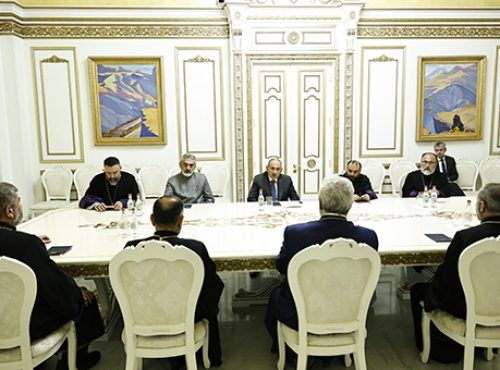Armenia's Deputy Foreign Minister Armen Ghevondyan believes a number of destructive processes in the OSCE space led to the war in Nagorno-Karabakh in the fall of 2020.
Ghevondyan noted on Wednesday, February 9 that security mechanisms created in Europe do not correspond to their practical results. He named the Conventional Armed Forces in Europe (CFE) Treaty, which, he said, is a completely different thing on paper than it is on the ground.
The Deputy Foreign Minister told a panel at the Valdai Discussion Club that said treaty cannot prevent preparations for war, war itself and a further arms race. Armenia witnessed this first-hand when Azerbaijan launched a largescale war against the people of Nagorno-Karabakh, Ghevondyan said.
The diplomat mentioned a "fragmentation" of security which took place in the OSCE area of responsibility after the Cold War.
"The concept of the indivisibility of security adopted by the OSCE states is now being challenged like never before. The promise not to strengthen one's security at the expense of the security of others is no longer even an aspiration," the diplomat said.
He believes that there are different security zones in the OSCE space: the "core" and the "peripheries". If certain events in one region are viewed through the prism of "peripheral" security, then similar processes in the "core" are perceived as a crisis of the entire "family", he said, adding that this approach was clearly manifested during the 44-day war in Karabakh. According to Ghevondian, the war was the culmination of this "fragmentation" that had begun long before the aggression itself.






















